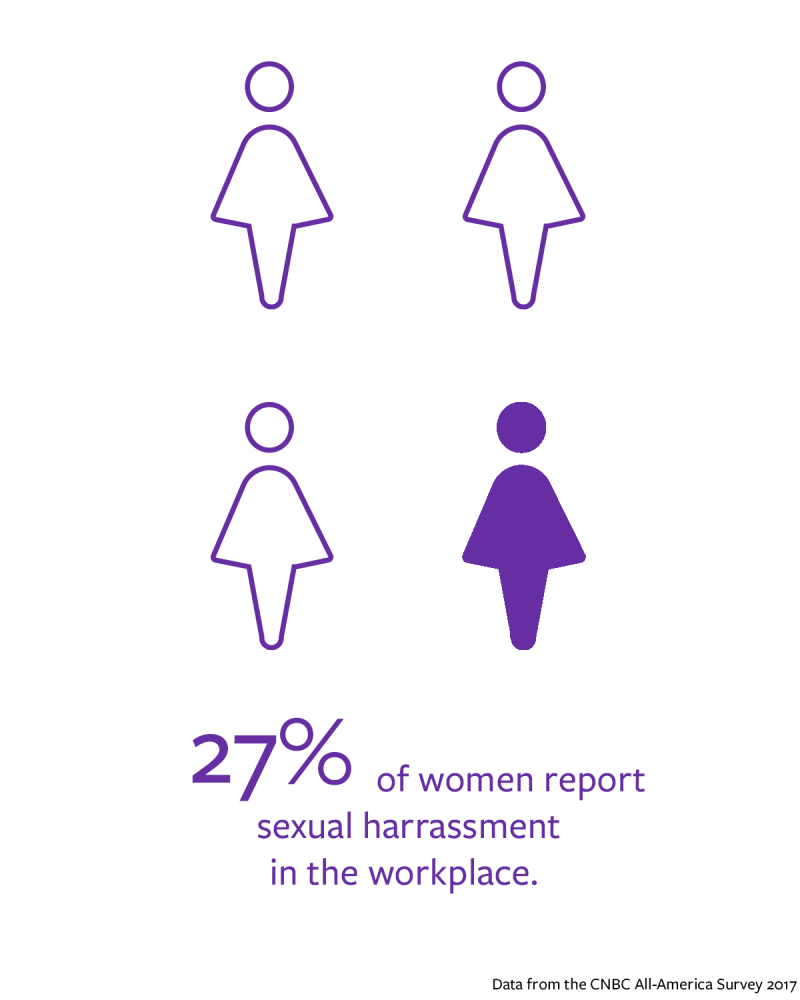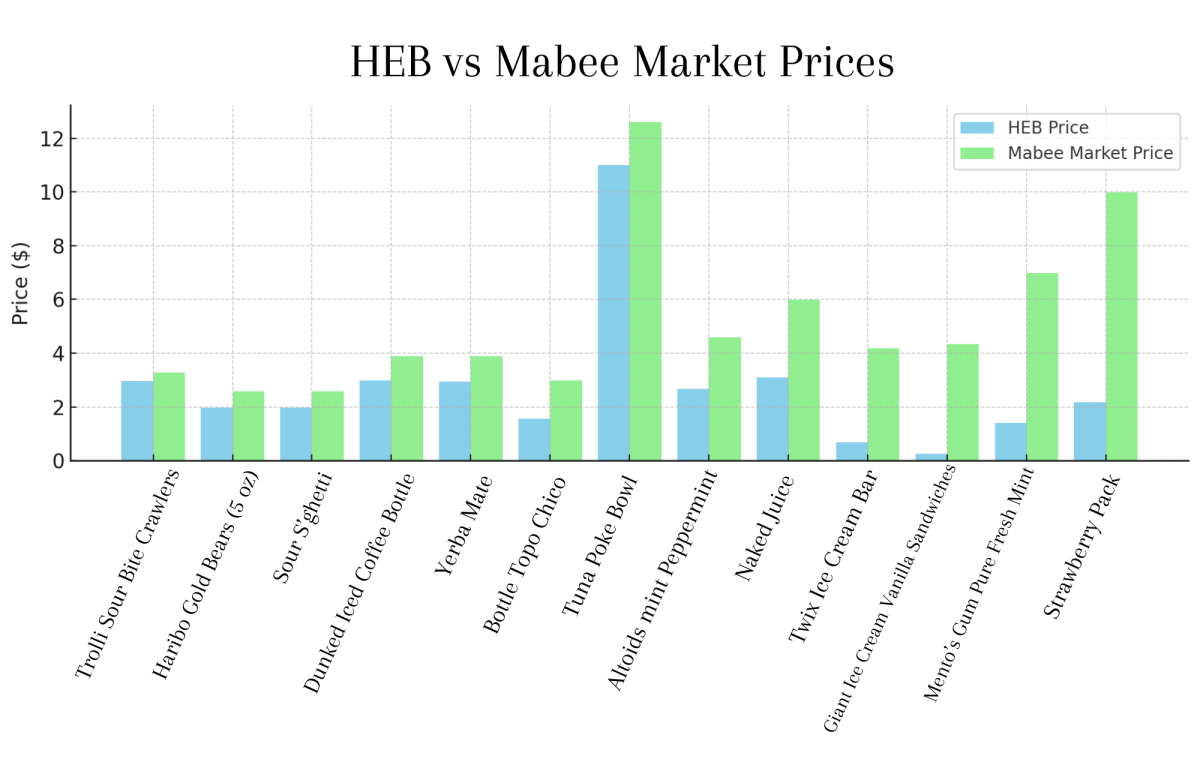The topic of sexual assault, harassment and misconduct has been in the news recently, with the issue of Brett Kavanaugh being nominated for the Supreme Court after allegations of assault against him. Many cases of sexual misconduct have occurred on college campuses, both now and historically.
Sheryl Tynes, vice president of Student Life, opened up about her experience with sexual harassment in academia.
“In graduate school, I worked with an adjunct professor as his teaching assistant and definitely was harassed by him. He was known to be somebody who harassed women, and it didn’t matter who. He harassed the secretary of the department and his undergraduate students and his graduate students,” Tynes said. “When he left — he got fired because of it, eventually — I would see him at American Sociological Association meetings, and he was working at a different institution. I thought, ‘He probably hasn’t changed one bit.’ It broke my heart.”
Tynes said that from her perspective, gender equality on college campus encompasses many issues that women face.
“I think about pay, I think about segregation — where are women on a faculty? What departments are they in? But then a piece of it is sexual harassment and sexual assault,” Tynes said.
Claudia Stokes, professor and department chair of English, spoke about the gendered biases that often appear in course evaluations.
“When I was a junior professor many years ago, my student evaluations often included comments on my appearance. Students made comments about my wardrobe and my hair, and they [made] fashion recommendations,” Stokes said.
Since then, Stokes has offered clear instructions to students about what teacher evaluations are used for, which she says has lessened the problem. However, Stokes said that biased course evaluations are a widespread issue among female faculty members.
“I’m a department chair, and so I read course evaluations. I’ve never seen comments on a male professor’s appearance, but it’s very common for women,” Stokes said.
Stokes encouraged students, staff and faculty to recognize their biases.
“I think it’s important for us to recognize that we all have unconscious biases, and to be mindful of these biases whether they have to do with race or gender or sexuality or bodily ability,” Stokes said. “These [biases] not only shape how we conduct ourselves in the workplace, but they shape other people’s experiences in the workplace, and it’s incumbent upon all of us to remain aware and self-critical.”
Michele Johnson, associate professor of biology, visits the First-Year Experience class “A Successful Life” to educate first-year students about how sexism affects women’s rates of success in STEM.
“At the undergraduate and graduate levels in biology, there are more women than men. It’s about even as in terms of who graduates with a Ph.D. At the postdoc level and higher, women start falling off dramatically,” Johnson said. “When you have a community in which not everyone is equally able to succeed, then you have problems.”
Johnson spoke about times where she was discriminated against because of gender.
“I’ve had male colleagues refuse to talk with me if I wasn’t interested in sleeping with them at [conferences]. I’ve had people doubt my abilities to do field work on lizards in remote areas because of my gender. I’ve had students at Trinity question my authority because I appear to be young and female,” Johnson said.
Johnson said that these microaggressions relate to a larger system of discrimination.
“There have been studies published recently that show that when women are the senior authors on a manuscript, they are more likely to be rejected by a journal. It takes longer for women to get manuscripts reviewed or to receive grant funding work of the same caliber as men,” Johnson said. “When you take the names off, women are funded and receive successful manuscript reviews at the same rates as men, but when names are attached they are judged differently.”
Johnson said that all of these issues contribute to what researchers call “the leaky pipeline” causing women to leave STEM fields.
“With the discrimination that women face in the realm of research and getting grants and writing papers, and the discrimination that women face in the realm of teaching in terms of student evaluations, and with a higher load of service obligations that have been taken or were imposed on them, it is more difficult for women to advance,” Johnson said.
Johnson said that a way that she has dealt with academic discrimination is knowing her own worth as a researcher and making sure that her actions contribute to a positive academic culture.
“I have enough experience in the field to know that my work is good. … I’m at a position in my career where I can speak out both in my own defense and in the defense of others,” Johnson said. “And then I work to make sure that I support the diversity of students and graduate students and postdocs — not only at Trinity, but in the broader field.”
Pamela Johnston, Trinity’s Title IX coordinator, explained that the language of Title IX, which reads, “No person in the United States shall on the basis of sex be excluded from participation in, be denied the benefits of, or be subjected to discrimination under any education program or activity, receiving federal financial assistance,” applies to students, staff and faculty members alike.
“Because the wording states ‘no person’, it applies to everyone in the education institution or associated educational activity, where the educational institution or activity is the recipient of federal funding,” Johnston said.
Students who have questions about Title IX or who would like to speak about an issue that could fall under Title IX can email Johnston at [email protected] or visit the office of Human Resources in Northrup Hall 210.







